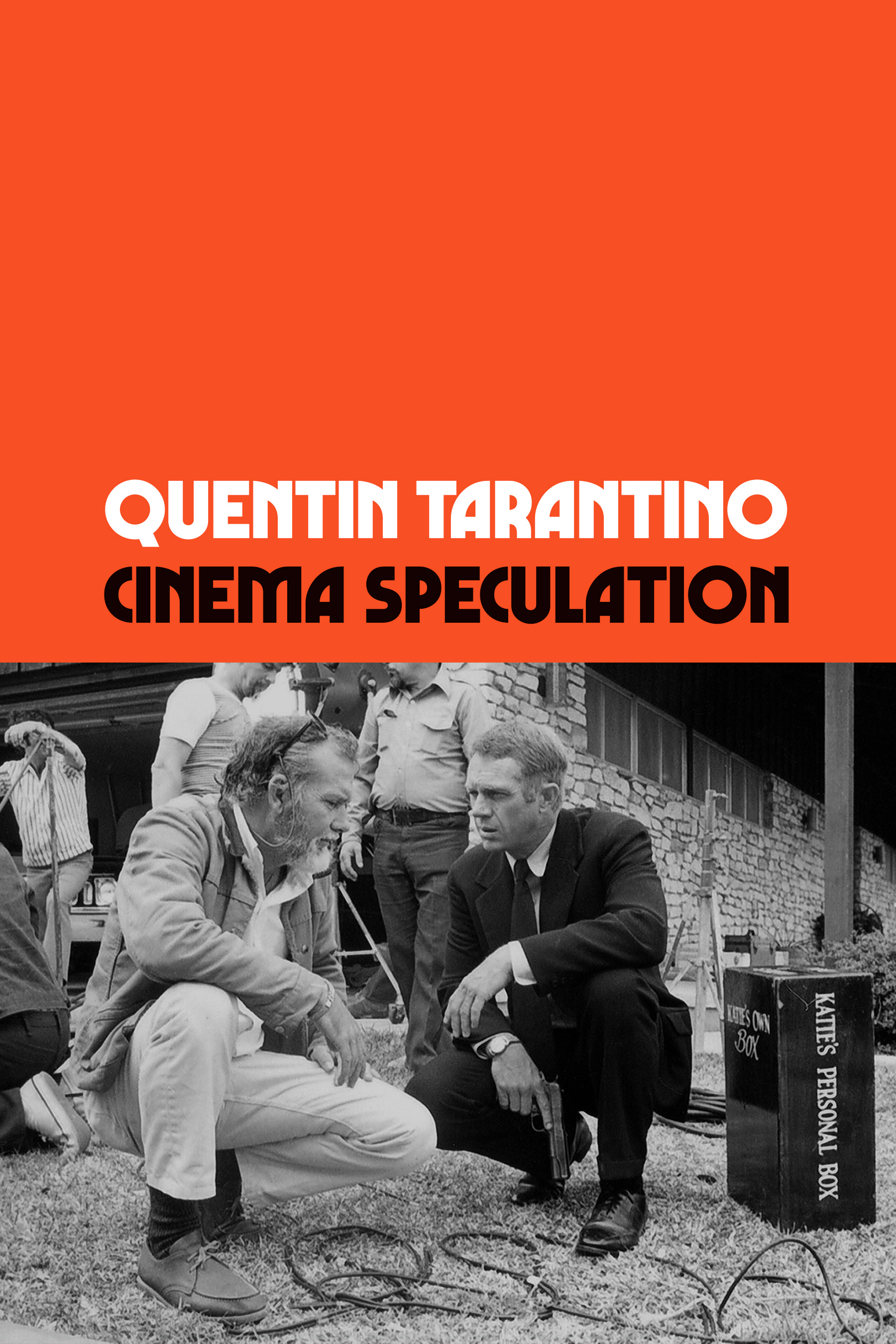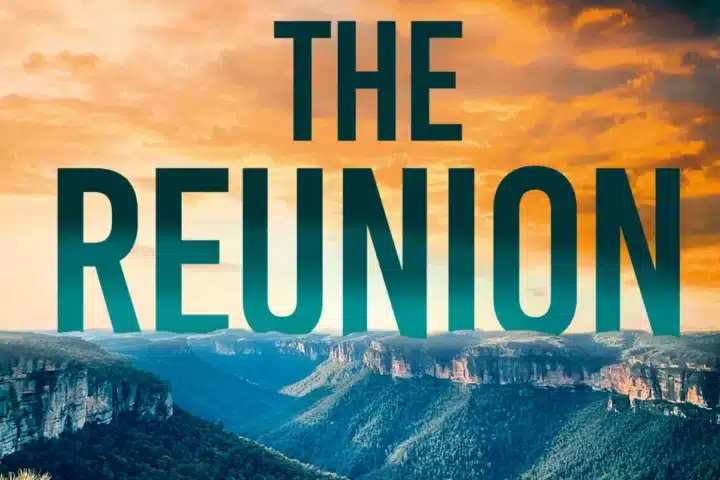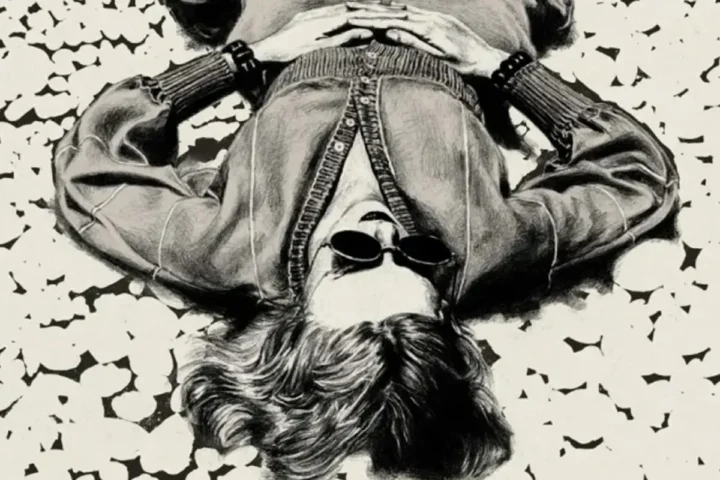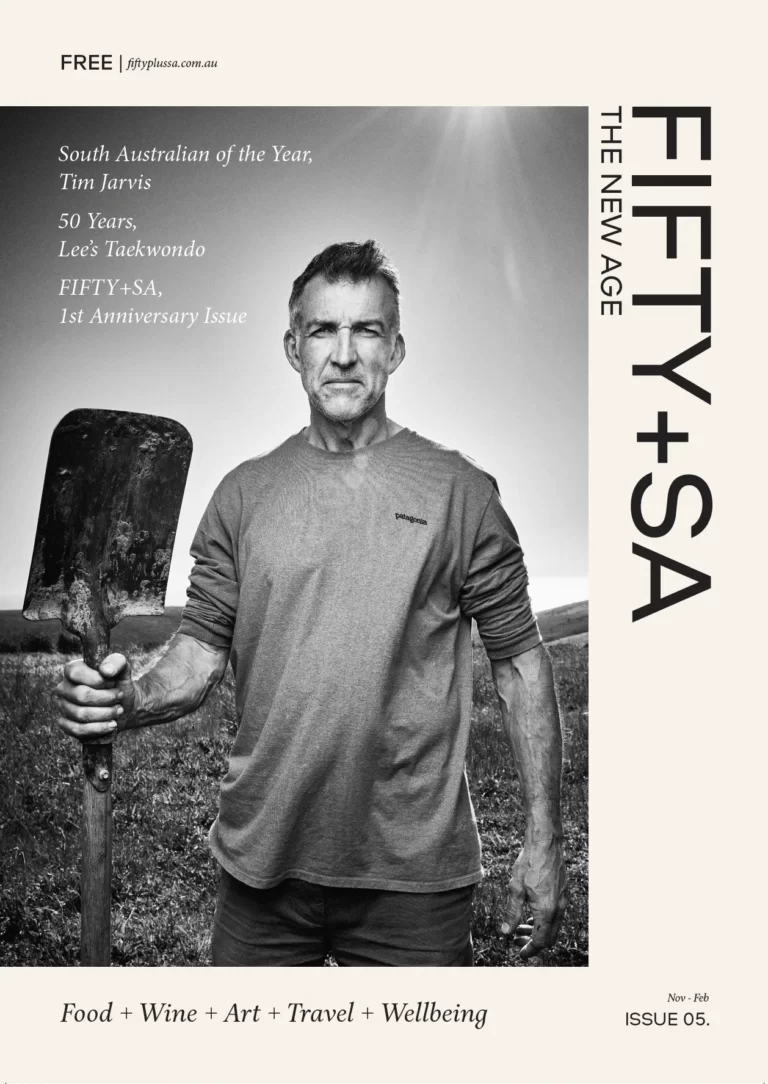WORDS: Dave Bradley
Tarantino’s first non-fiction outing (after his novelisation of his Once Upon A Time In Hollywood) has been described as an autobiographical effort, and yet this is really more of an enthusiastic study of his most favourite movies. And, as this is QT we’re talking about, it’s not a shock to discover that most of the pics he chooses to discuss are from the 1970s, which was not only the time of that hallowed ‘New Hollywood’ but also when he was getting into the filmic arts himself, and sneaking into movies that were seriously unsuitable for an impressionable young geek, sorry, kid.
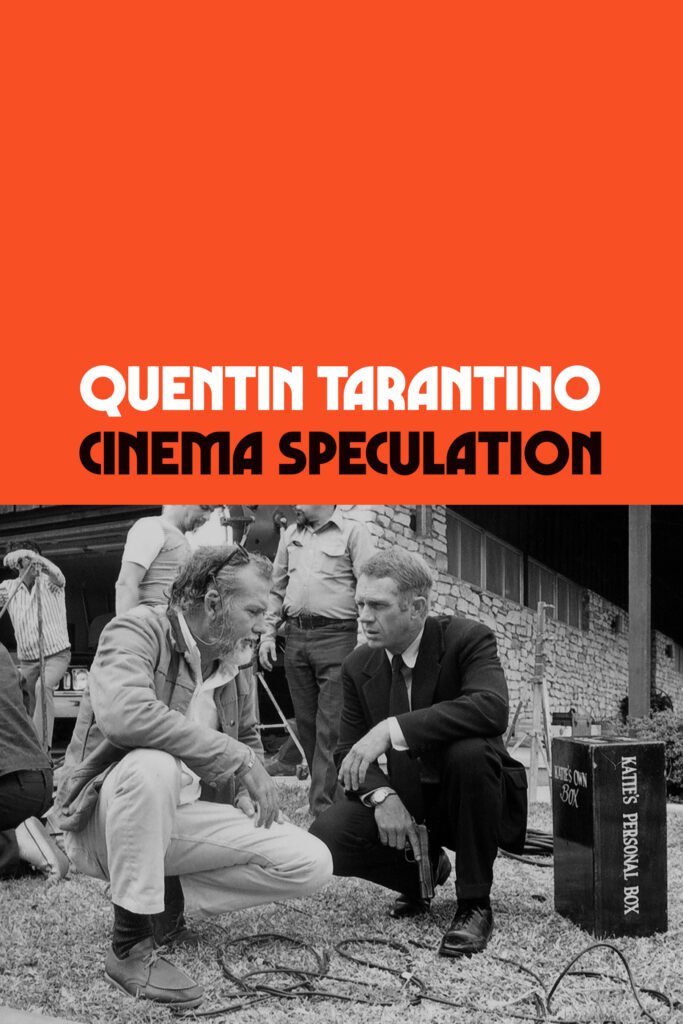
The first and last chapters here are the most memoir-like, with the opening ‘Little Q Watching Big Movies’ describing how he frequently went to double-bills and revival houses with his Mom’s then-boyfriend Floyd, a mysterious dude with strong opinions and a complex cinematic philosophy (which was seriously impressive in those dark days before video). The impact Floyd had upon Quentin is raised again with sweet sadness at the very end (‘Floyd Footnote’), but the main body of this tome features analyses of the movies Q so loved in those heady early days.
When he talks about Bullitt (1968), his description of Steve McQueen’s acting (actually non-acting) is spot-on, while the tricky productions of director Don Siegel’s Dirty Harry (1971) and Sam Peckinpah’s The Getaway (1972) are investigated with a passion that matches revered movie scribe David Thomson. Critic Kevin Thomas (who never sneered at ‘genre’ flicks) is celebrated, and there’s a quick and cool history of ‘New Hollywood’, beginning with (what else?) Easy Rider (1969).
Tarantino’s thoughts about Brian De Palma’s somewhat forgotten Sisters (1973) are fascinating, and a comparison between the unhinged anti-heroes of Martin Scorsese’s highbrow Taxi Driver (1976) and Michael Winner’s lowbrow Death Wish (1974) is unexpected and particularly enlightening. And, as this is the ‘70s we’re talking about, you wait for QT to talk more about classic horror movies and mention the original The Texas Chain Saw Massacre (1974), perhaps, but then he turns around and instead goes off on a tangent (naturally), tearing into Chain Saw director Tobe Hooper’s cynical slasher epic The Funhouse (1981).
Curiously, though, there’s not much here about this filmmaker’s movies at all, with only occasional passing mentions of Reservoir Dogs, Pulp Fiction, Jackie Brown, Django Unchained and so forth. However, this is surely fitting because, in the end, this is less about Tarantino’s own films and more about the guys (and girls) who kickstarted his love of cinema, and encouraged him to have his own ideas.
Like Floyd. But who was he? Quentin admits that, as he pushes 60, he simply doesn’t know. But he owes him just about everything.
Cinema Speculation by Quentin Tarantino (Hachette Australia), 391pp
RRP $34.99 (paperback); $59.99 (hardback); $46.99 (audiobook); $16.99 (e-book)

